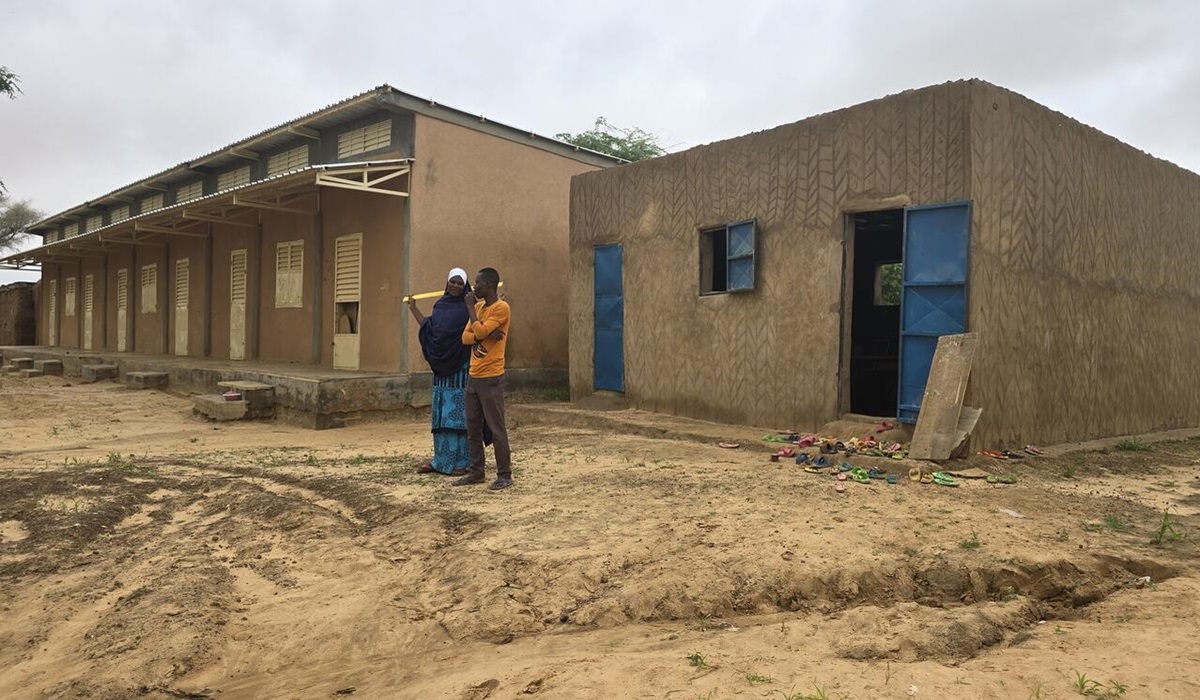Violence Forces Over 14,000 Schools to Close Across West and Central Africa
- Naomi Dela Cruz
- Africa
- Breaking News
- Trending
- September 9, 2024

Image Credit, NRC
In West and Central Africa, the educational crisis is worsening as more than 14,000 schools have been forced to shut down due to escalating violence and insecurity. This alarming development has left hundreds of thousands of children without access to education, a critical issue highlighted by the Norwegian Refugee Council (NRC) on the International Day to Protect Education from Attack.
Across the Sahel region, encompassing countries such as Burkina Faso, Mali, Cameroon, and the Democratic Republic of Congo (DRC), school closures have impacted millions of children since 2023, and the situation remains dire. These closures place vulnerable children at increased risk of recruitment by armed groups, as well as exposure to physical violence, child labour, and sexual exploitation.
The NRC’s Regional Director for West and Central Africa, Hassane Hamadou, described the ongoing crisis as a catastrophe. “Education is under siege,” he said, emphasizing that the deliberate targeting of schools has deprived children and communities of their futures. He called on all conflicting parties to immediately cease attacks on schools and prioritize the protection of education.
In Cameroon, the compounded effects of multiple crises left 1.4 million school-age children in need of urgent educational assistance by the end of 2023. Meanwhile, in the DRC, escalating violence has led to the closure of 1,457 schools in 2024 alone, affecting over 500,000 students and thousands of teachers. Schools in conflict zones are often occupied by armed groups, turning them into military outposts and further hindering children’s right to education.
The broader implications of these disruptions to education are far-reaching. Without swift action, West and Central Africa could lose an entire generation of educated youth, leading to profound socio-economic repercussions. Girls, in particular, face heightened risks of exploitation, including forced marriages, exacerbating existing gender inequalities. The recruitment of children into armed conflicts not only robs them of their education but also perpetuates cycles of poverty and instability across the region.
Despite the bleak outlook, there are signs of progress. In countries such as Mali and the Central African Republic (CAR), attacks on education have decreased in recent years, thanks to reduced violence in some areas. In Burkina Faso, 1,300 schools have reopened since October 2023, allowing many children to return to their studies in government-controlled regions.
“The reopening of schools in Burkina Faso and the reduction in attacks in Mali and CAR show that progress is possible,” Hamadou noted, urging the international community to build on this momentum. On this International Day to Protect Education from Attack, the NRC reiterated its call for global efforts to safeguard education, including ending school attacks, ensuring the safety of students and teachers, and increasing funding for education programs in conflict-affected regions.
As the NRC continues to push for immediate intervention, the future of countless children in West and Central Africa remains uncertain. Without a sustained and coordinated effort to protect education, the region risks deeper socio-economic and security crises, driven by a generation of youth deprived of the opportunity to learn and thrive.








